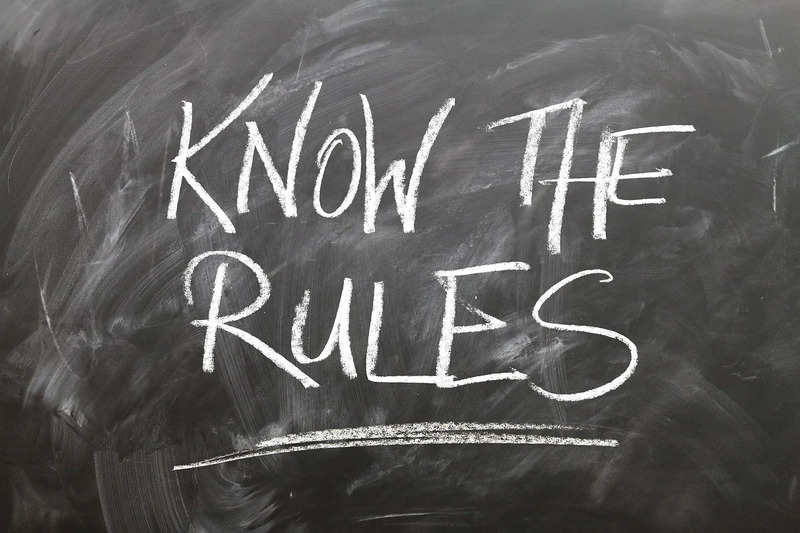

New European Union rules may rewrite the basic rules of business on the internet and on mobile, changing how Big Tech companies including Google-parent Alphabet, Amazon, Apple, Meta, Microsoft and TikTok owner ByteDance earn revenues and how consumers access their services.
The Digital Markets Act (DMA) is one of the world’s toughest pieces of legislation targeting the top technology companies’ market clout. The EU Commission designated 22 services of the major tech companies as “gatekeepers” of online services.
What DMA means
DMA means that these companies will be required to make their messaging apps inter-operate with rivals and let users decide which apps to pre-install on their devices. These companies have six months to comply.
How the new rules may impact each service:
Advertising: Under the DMA, gatekeeper services will now have to gain explicit consent before tracking a user for advertising purposes. Business customers using online ad services provided by Amazon, Google, and Meta will also be empowered to ask for data collected in relation to their campaigns.
App Stores: Apple and Google will be forced to allow third-party app stores on their respective iOS and Android devices. Presently, Android users can install apps from alternative sources, a process known as “sideloading”, but this often requires them to switch off certain security settings. Apple has warned against sideloading for security purposes.
Default or Native apps: As with app stores, consumers will no longer be asked into using other default apps on their devices – such as the Safari web browser on an iPhone, or Google Maps on an Android phone. Gatekeepers must allow users to more easily switch from their device’s default app store, web browser, navigation tool and others to alternatives of their choice. For example, they may offer users a “choice screen” with a range of options upon setting up their device.
E-commerce, social media and messaging: Services like Amazon’s marketplace, Facebook’s content feed, and Google’s search engine will be banned from giving their own services and products preferential rankings over alternatives when users are scrolling their screens.
Messaging: Under the DMA’s new interoperability rules, gatekeepers’ messaging apps will no longer get special treatment or place. The EU so far has only designated Meta’s Facebook Messenger and Whatsapp services. EU officials are saod to be investigating whether Apple’s iMessage service should be added to the list.
(With agency inputs)
FacebookTwitterLinkedin
end of article